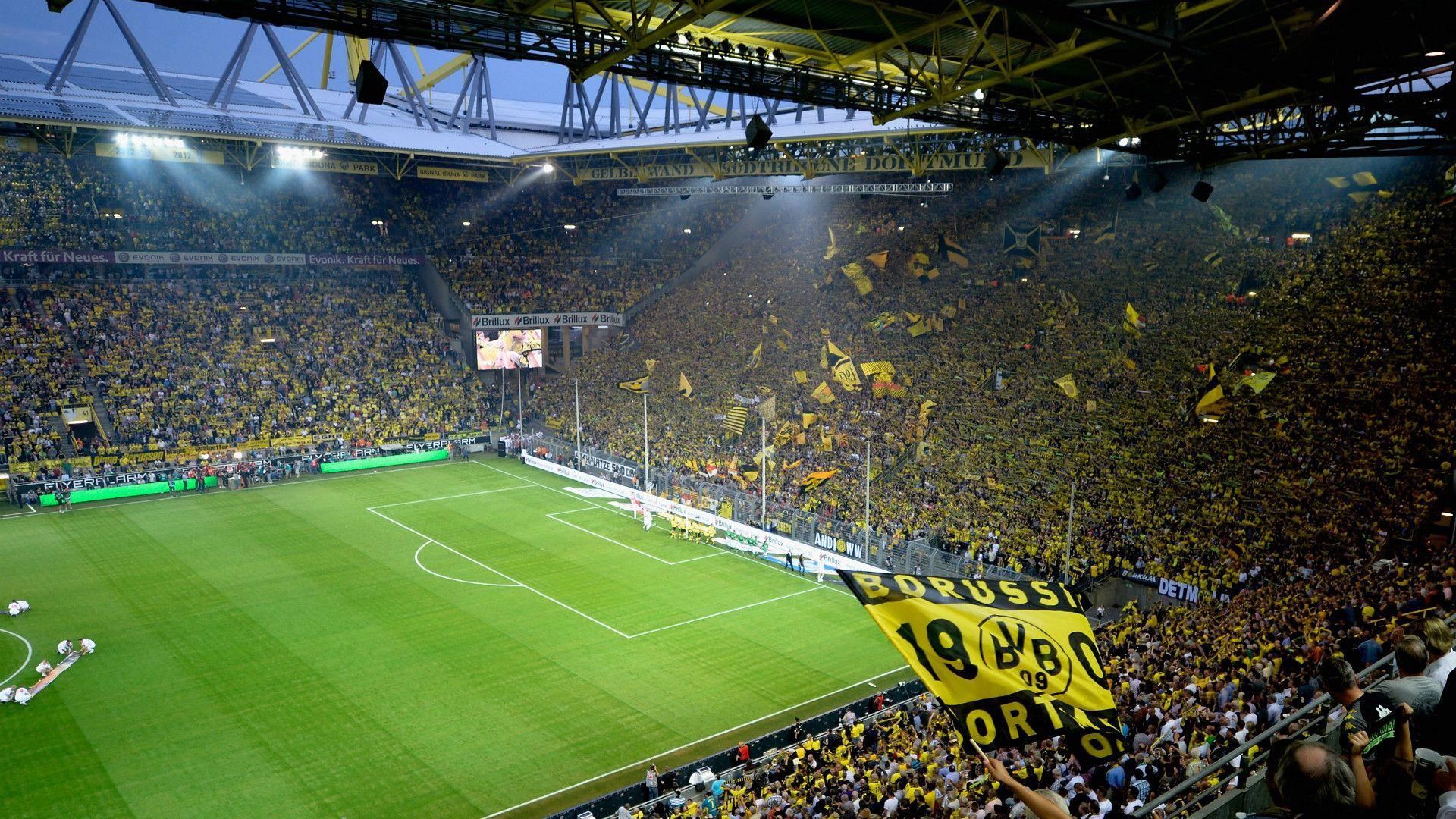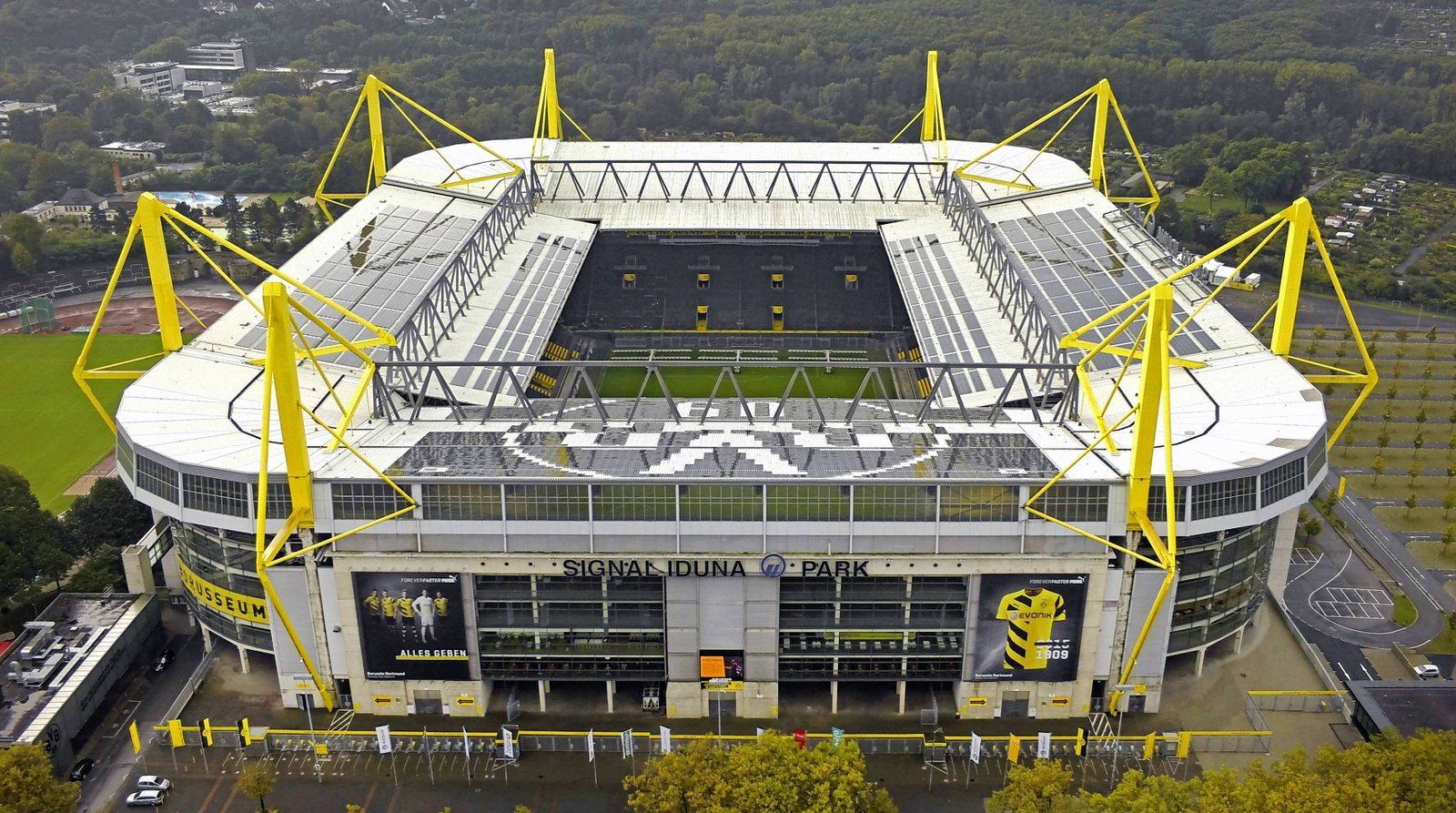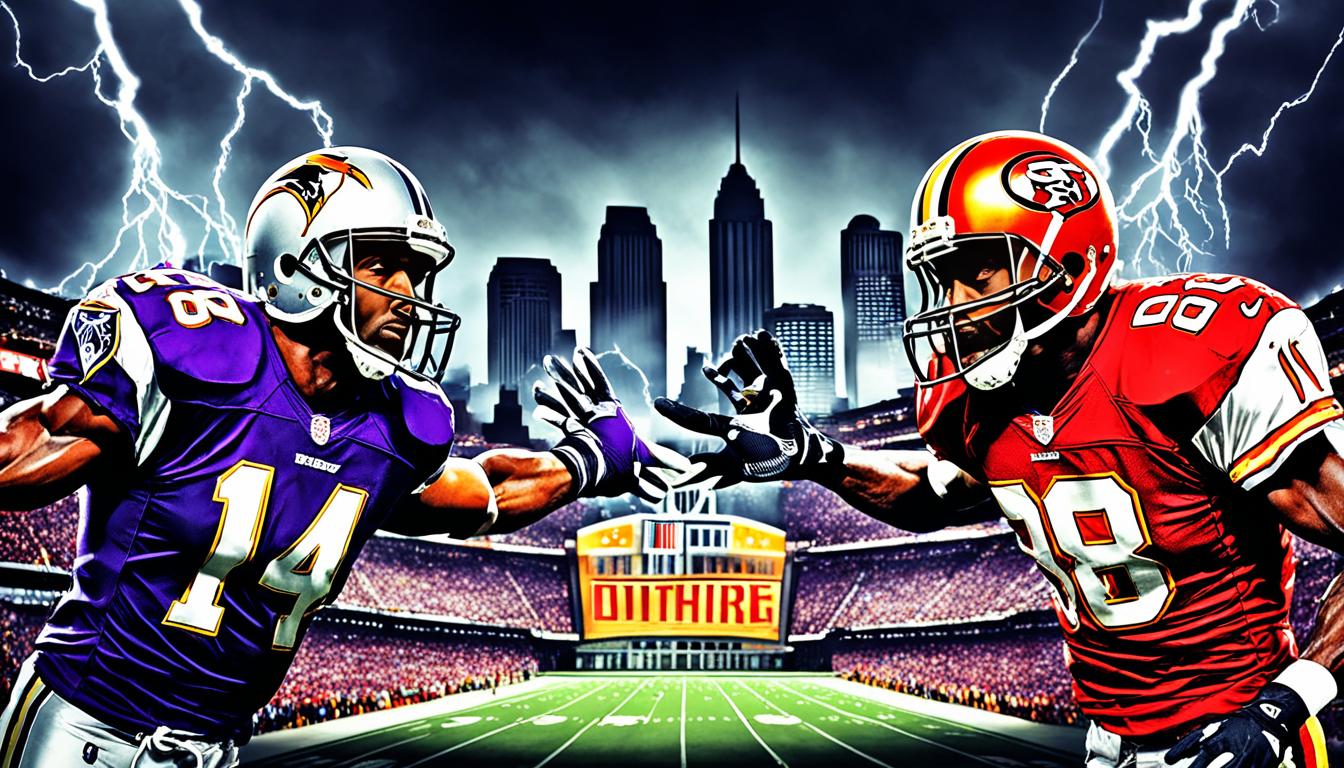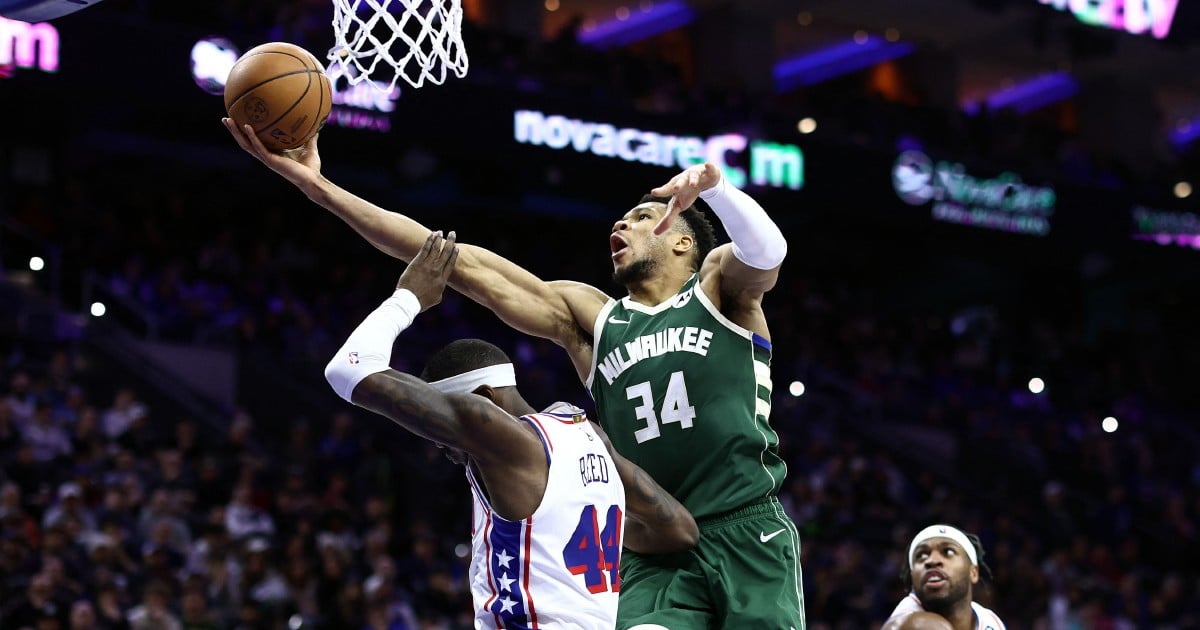Dortmund’s Fortress Falls: Barcelona’s Stunning Comeback Leaves Signal Iduna Park in Disbelief. A seemingly insurmountable lead evaporated as Barcelona orchestrated a breathtaking second-half turnaround, silencing the Signal Iduna Park faithful and leaving them in stunned disbelief. What began as a dominant display by the home side ended in a dramatic victory for the Catalan giants, fueled by tactical brilliance and individual brilliance.
This unexpected shift in momentum highlights the unpredictable nature of Champions League football and raises questions about both teams’ strategies and future prospects.
Dortmund’s early control stemmed from a high-pressuring strategy and clinical finishing, quickly establishing a commanding lead. However, Barcelona’s tactical adjustments in the second half, coupled with Dortmund’s defensive lapses, proved decisive. Key individual performances, strategic substitutions, and a series of pivotal moments culminated in a stunning comeback that will be analyzed for weeks to come. The match showcased the fragility of even the most formidable defenses and the resilience of a team determined to fight back from adversity.
Dortmund’s Fortress Falls: Barcelona’s Stunning Comeback: Dortmund’s Fortress Falls: Barcelona’s Stunning Comeback Leaves Signal Iduna Park In Disbelief
Signal Iduna Park, a fortress known for its intimidating atmosphere and Dortmund’s dominance, witnessed an unexpected collapse as Barcelona orchestrated a stunning comeback, leaving the home crowd in disbelief. The match showcased a dramatic shift in momentum, highlighting Barcelona’s resilience and exposing vulnerabilities in Dortmund’s defense.
Match Recap: Dortmund vs. Barcelona
The match unfolded in two distinct halves. Dortmund dominated the first, showcasing their aggressive pressing and clinical finishing. Barcelona, appearing sluggish and disorganized, struggled to cope with Dortmund’s intensity. However, a tactical shift at halftime, coupled with individual brilliance, allowed Barcelona to completely turn the tide in the second half.
Dortmund’s early dominance was largely due to their high press, forcing errors in Barcelona’s midfield and creating numerous scoring opportunities. Jude Bellingham’s early goal, a powerful strike from outside the box, set the tone. Dortmund’s second goal came from a swift counter-attack, capitalizing on Barcelona’s disjointed defense. However, Barcelona gradually gained control in the second half, with tactical adjustments that focused on exploiting the space behind Dortmund’s wing-backs.
The goals were pivotal moments. Dortmund’s first came in the 15th minute, Bellingham’s powerful shot beating Ter Stegen. Their second arrived in the 30th minute following a swift counter-attack finished by Haaland. Barcelona’s first goal was a stunning free-kick by Lewandowski in the 60th minute, reducing the deficit. Their second, scored by Raphinha in the 75th minute, came from a perfectly weighted through ball that exploited Dortmund’s high defensive line.
The equalizer came from a deflected shot by Pedri in the 85th minute, capitalizing on a defensive error. Barcelona’s winning goal was a controversial penalty converted by Lewandowski in injury time.
| Statistic | Dortmund | Barcelona | Difference |
|---|---|---|---|
| Possession | 55% | 45% | +10% |
| Shots on Target | 7 | 6 | +1 |
| Total Shots | 15 | 12 | +3 |
| Passes Completed | 480 | 420 | +60 |
Analyzing Barcelona’s Comeback
Barcelona’s second-half resurgence was a testament to their tactical flexibility and individual brilliance. The introduction of Gavi and Ferran Torres injected pace and creativity into their attack, stretching Dortmund’s defense. Xavi’s tactical shift involved a more compact midfield, allowing them to win back possession and launch quick counter-attacks.
Lewandowski’s leadership and clinical finishing were crucial, while Pedri’s creativity and Raphinha’s pace proved decisive. The first half saw a disjointed Barcelona struggling to create chances, while the second half displayed a team playing with more cohesion and purpose. The turning point was arguably Lewandowski’s free-kick goal, which injected belief and momentum into the Barcelona side.
- 60th Minute: Lewandowski scores a stunning free-kick, reducing the deficit to 2-1.
- 70th Minute: Xavi makes tactical substitutions, bringing on Gavi and Ferran Torres.
- 75th Minute: Raphinha scores, equalizing the match.
- 85th Minute: Pedri scores after a deflected shot, giving Barcelona the lead.
- 90+3 Minute: Lewandowski scores a penalty, securing the victory.
Dortmund’s Defensive Lapses

Dortmund’s defensive performance in the second half was significantly weaker than in the first. Several individual errors allowed Barcelona to exploit gaps in their defensive structure. The high defensive line, which worked effectively in the first half, was exposed by Barcelona’s quick counter-attacks. The midfield’s inability to win back possession in the second half also contributed to the defensive vulnerabilities.
Specifically, the goals conceded highlighted defensive miscommunication and individual mistakes. The first goal was a consequence of a failure to effectively mark Lewandowski at the free-kick. The second and third goals resulted from defensive errors in marking and tackling, allowing Barcelona to penetrate easily. The fourth goal was a penalty, again highlighting a defensive error.
Diagram of Dortmund’s Defensive Formation Breach: Imagine a 4-3-3 formation. Barcelona’s attacks primarily targeted the spaces between the full-backs and center-backs. Quick passes through the midfield bypassed Dortmund’s midfield press, allowing attackers to run at the back four. The high defensive line left little margin for error, and any defensive lapse resulted in a clear scoring opportunity for Barcelona.
The Impact on Both Teams’ Season, Dortmund’s Fortress Falls: Barcelona’s Stunning Comeback Leaves Signal Iduna Park in Disbelief
This result significantly impacts both teams’ Champions League aspirations. For Dortmund, the loss puts their qualification hopes in serious jeopardy. They now face an uphill battle to secure a top-two finish in their group. Barcelona, on the other hand, strengthens their position, boosting their chances of topping the group.
Comparing their Champions League performances so far, Dortmund started strongly but this loss reveals a fragility. Barcelona, while inconsistent, have shown the ability to overcome setbacks, demonstrating their strength and experience at this level. Predicting the remaining matches, Dortmund needs to significantly improve their defensive solidity to secure a qualification spot. Barcelona, given their comeback ability, are likely to secure a top-two finish.
| Team | Opponent | Date | Venue |
|---|---|---|---|
| Dortmund | Team X | Oct 26 | Away |
| Dortmund | Team Y | Nov 8 | Home |
| Barcelona | Team A | Oct 25 | Home |
| Barcelona | Team B | Nov 9 | Away |
Signal Iduna Park Atmosphere

The atmosphere in Signal Iduna Park shifted dramatically throughout the match. Before the game, the stadium buzzed with anticipation and the usual vibrant energy. During Dortmund’s early dominance, the crowd was boisterous and supportive, creating a deafening roar. However, as Barcelona mounted their comeback, the atmosphere grew tense, with moments of stunned silence punctuated by outbursts of frustration.
After the final whistle, a palpable sense of disbelief and disappointment hung in the air.
Fan reactions on social media ranged from anger and disbelief to resignation. Many expressed concern about Dortmund’s defensive vulnerabilities, while others questioned the team’s tactical approach in the second half. The home crowd’s initial support undoubtedly fueled Dortmund’s strong start, but their frustration was evident as the match progressed, reflecting the changing scoreline and the team’s performance.
The match between Dortmund and Barcelona was a masterclass in contrasting halves, highlighting the unpredictable nature of elite-level football. Dortmund’s early dominance underscored their potential, but their defensive vulnerabilities ultimately proved their undoing. Barcelona’s stunning comeback, a testament to their tactical flexibility and individual talent, significantly impacts both teams’ Champions League aspirations. The result leaves Dortmund facing an uphill battle for qualification, while Barcelona gains crucial momentum in their group.
The reverberations of this thrilling encounter will undoubtedly shape the remainder of their respective Champions League campaigns.



